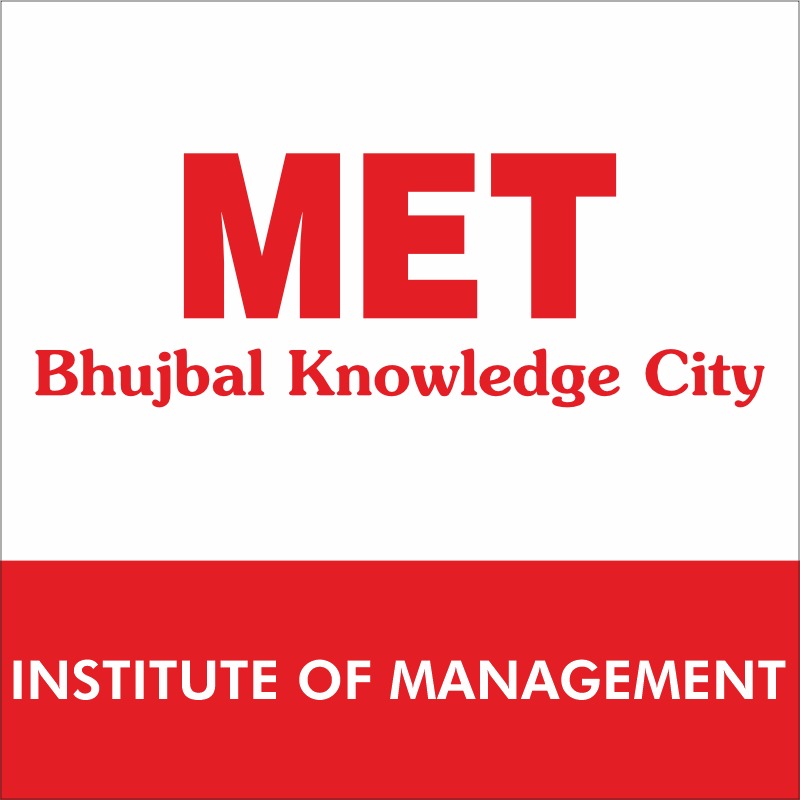Evaluation of Business School Graduates' Perspectives on the Impact of Technological Development on their Employability in the Indian Labour Market
DOI:10.34047/MMR.2020.10210
Keywords:
Education in Business, Technical Development, Employability, and the Indian Labour MarketAbstract
The study looks into the impact of technological advancement on the employability of business graduates in the Indian labour market. The study had four particular aims, and four null hypotheses were developed as a guide. The study used a descriptive survey design method. A four-rating structured questionnaire titled "Modern Technology and Employability skills" (MTES) was used to collect data from 512 participants in the 2021/2022 business education postgraduates' admittance examination. Data was coded in SPSS and Pearson Product Moment Correlation Coefficient was calculated to test null hypothesis one. The second null hypothesis was tested using Chi-square, whereas the third and fourth null hypotheses were tested using ANNOVA. At the 0.05 threshold of significance, all four hypotheses were tested. Among other findings, the analysis demonstrates that business education curriculum contents in India do not provide students with generic abilities essential for employability in the Indian labour market in the current sophisticated technology period. Based on their findings, the researcher propose that all of the major abilities in modern technologies required by the Indian labour market be incorporated into the curriculum of business education programmes in Indian institutions.

